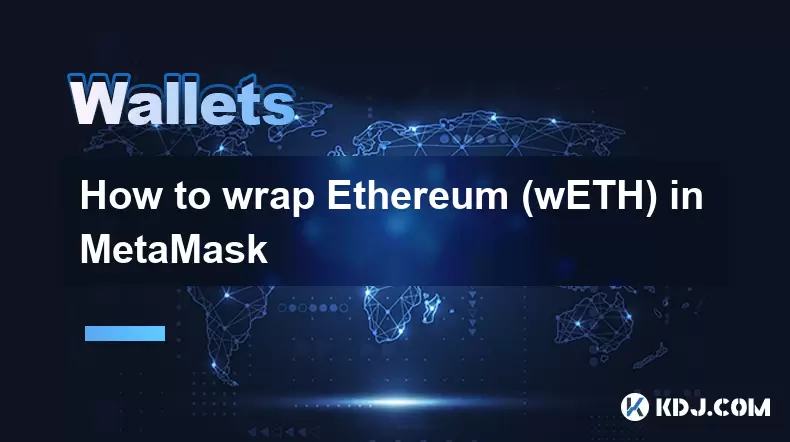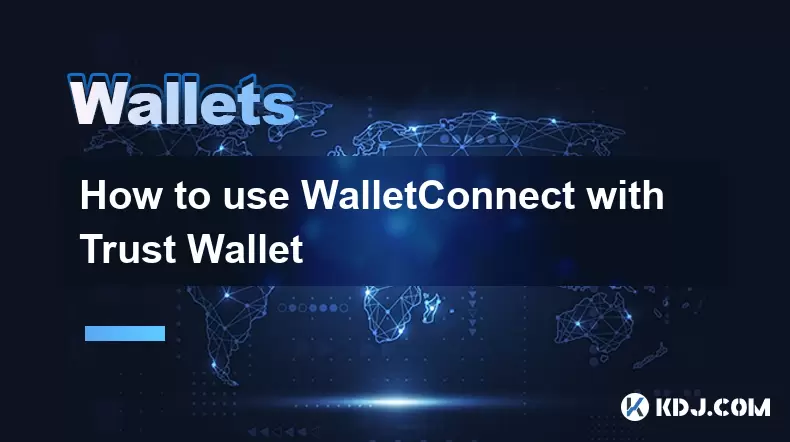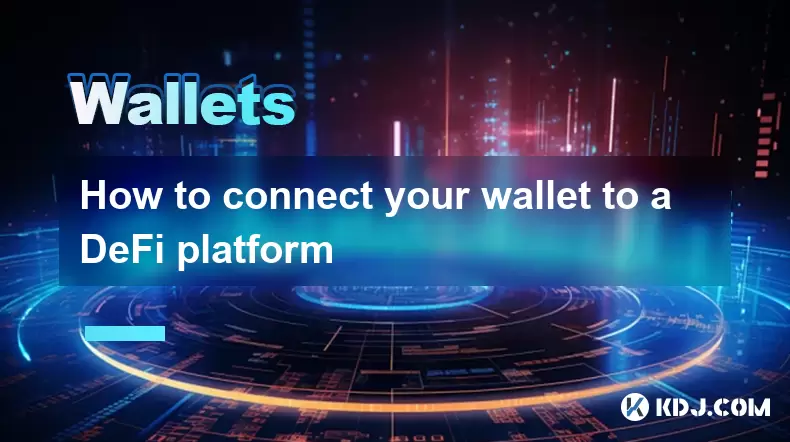-
 Bitcoin
Bitcoin $117600
0.25% -
 Ethereum
Ethereum $4424
0.10% -
 XRP
XRP $3.101
0.50% -
 Tether USDt
Tether USDt $1.001
-0.01% -
 BNB
BNB $836.2
1.26% -
 Solana
Solana $188.8
2.11% -
 USDC
USDC $1.000
0.01% -
 Dogecoin
Dogecoin $0.2301
0.57% -
 TRON
TRON $0.3485
-1.00% -
 Cardano
Cardano $0.9209
-1.34% -
 Hyperliquid
Hyperliquid $46.72
-1.19% -
 Chainlink
Chainlink $22.62
4.84% -
 Stellar
Stellar $0.4275
-0.38% -
 Sui
Sui $3.761
1.91% -
 Bitcoin Cash
Bitcoin Cash $586.7
-0.25% -
 Ethena USDe
Ethena USDe $1.001
0.01% -
 Hedera
Hedera $0.2510
2.06% -
 Avalanche
Avalanche $24.21
2.22% -
 Litecoin
Litecoin $119.7
1.07% -
 Toncoin
Toncoin $3.450
1.06% -
 UNUS SED LEO
UNUS SED LEO $9.411
-0.93% -
 Shiba Inu
Shiba Inu $0.00001298
1.20% -
 Uniswap
Uniswap $10.98
3.25% -
 Polkadot
Polkadot $3.961
2.16% -
 Dai
Dai $1.000
0.00% -
 Bitget Token
Bitget Token $4.642
0.95% -
 Cronos
Cronos $0.1514
0.57% -
 Ethena
Ethena $0.7290
3.78% -
 Monero
Monero $254.1
7.69% -
 Pepe
Pepe $0.00001102
2.47%
How to protect the security of Dogecoin wallets when using public Wi-Fi?
Never access your Dogecoin wallet on public Wi-Fi; use a VPN only as a last resort. Verify website authenticity, enable 2FA, and regularly update your software. Strong, unique passwords and caution against phishing are crucial for security. A hardware wallet offers maximum protection.
Mar 18, 2025 at 09:31 pm

Key Points:
- Never access your Dogecoin wallet on public Wi-Fi.
- Use a VPN for added security if absolutely necessary.
- Verify website authenticity before entering wallet details.
- Enable two-factor authentication (2FA) for all accounts.
- Regularly update your wallet software and operating system.
- Choose strong, unique passwords and avoid password reuse.
- Be cautious of phishing scams and suspicious links.
- Use a hardware wallet for maximum security.
How to Protect the Security of Dogecoin Wallets When Using Public Wi-Fi?
Public Wi-Fi networks are inherently insecure. Connecting to a public network to access your Dogecoin wallet exposes you to significant risks. Hackers can easily intercept your data, including your wallet's private keys, leading to the theft of your DOGE. Therefore, the safest approach is to avoid using public Wi-Fi for any transactions or access to your Dogecoin wallet.
If avoiding public Wi-Fi is impossible, utilizing a Virtual Private Network (VPN) is crucial. A VPN encrypts your internet traffic, making it significantly more difficult for others to intercept your data. However, even with a VPN, the risk remains, so exercise extreme caution. Ensure your VPN provider is reputable and offers strong encryption.
Before entering your wallet details on any website, meticulously verify its authenticity. Look for a secure HTTPS connection (indicated by a padlock icon in your browser's address bar). Beware of phishing websites that mimic legitimate Dogecoin wallet platforms to steal your credentials. Always double-check the URL for any inconsistencies.
Two-Factor Authentication (2FA) adds an extra layer of security to your Dogecoin wallet. 2FA requires a second verification method, such as a code sent to your phone or email, in addition to your password. This makes it significantly harder for hackers to access your account even if they obtain your password. Enable 2FA on all relevant platforms.
Keeping your wallet software and operating system up-to-date is essential. Software updates often include security patches that address vulnerabilities that hackers could exploit. Regularly check for updates and install them promptly to minimize your risk.
Your wallet's security hinges on strong, unique passwords. Avoid easily guessable passwords, and never reuse passwords across different accounts. Consider using a password manager to generate and securely store complex passwords for your various online accounts.
Phishing scams are prevalent in the cryptocurrency world. Be wary of unsolicited emails, messages, or links that promise rewards or ask for your wallet information. Never click on suspicious links or provide your private keys to anyone.
For the highest level of security, consider using a hardware wallet. Hardware wallets store your private keys offline, making them virtually immune to online attacks. This is the most secure method for storing your Dogecoin, significantly reducing the risk associated with using public Wi-Fi or any online connection.
How to Securely Manage Your Dogecoin Wallet on a Mobile Device While Connected to Public Wi-Fi (If Absolutely Necessary):
- Use a VPN: Connect to a reputable VPN before accessing your wallet.
- Check the URL: Ensure the website is legitimate and secure (HTTPS).
- Avoid Public Wi-Fi Hotspots: Prioritize secure networks whenever possible.
- Enable 2FA: Add an extra layer of security to your account.
- Update Apps: Keep your wallet app and operating system updated.
- Strong Passwords: Use complex and unique passwords.
- Be Cautious: Avoid suspicious links or emails.
Frequently Asked Questions:
Q: Is it safe to use a VPN on public Wi-Fi to access my Dogecoin wallet?
A: While a VPN adds a layer of security by encrypting your internet traffic, it's not a foolproof solution. It's still significantly riskier than accessing your wallet on a secure private network. Consider it a mitigation strategy, not a guarantee of safety.
Q: What should I do if I think my Dogecoin wallet has been compromised?
A: Immediately change your password, enable 2FA if you haven't already, and contact your wallet provider's support team. Monitor your wallet balance closely and report any suspicious activity.
Q: Can I use a paper wallet on public Wi-Fi?
A: A paper wallet is inherently safer than a software wallet, as your private keys are offline. However, you should still avoid accessing or generating paper wallet information on public Wi-Fi to reduce the risk of malware infection on your device.
Q: Are all VPNs created equal in terms of security for accessing cryptocurrency wallets?
A: No. Some VPNs offer better encryption and security features than others. Research and choose a reputable provider with a strong track record and a proven commitment to security. Free VPNs often lack the robust security features of paid options.
Q: What are the best practices for protecting my Dogecoin wallet regardless of network connection?
A: Use strong passwords, enable 2FA, keep your software updated, be wary of phishing scams, and consider using a hardware wallet for maximum security. These practices are crucial regardless of whether you're using public or private Wi-Fi.
Disclaimer:info@kdj.com
The information provided is not trading advice. kdj.com does not assume any responsibility for any investments made based on the information provided in this article. Cryptocurrencies are highly volatile and it is highly recommended that you invest with caution after thorough research!
If you believe that the content used on this website infringes your copyright, please contact us immediately (info@kdj.com) and we will delete it promptly.
- Kazakhstan's Crypto Leap: Bitcoin ETF and Central Asia's Digital Finance Future
- 2025-08-13 12:45:19
- BlockDAG Presale Blazes Past $371M: Fundraising Frenzy Fuels Crypto Sensation
- 2025-08-13 13:05:21
- Meme Coins: Chasing the 2025 Surge – Which Will Moonshot?
- 2025-08-13 10:25:23
- Bitcoin's Wild Ride: Rally, Pullback, and What's Next
- 2025-08-13 10:25:23
- Bitcoin, Bitmax, and Institutional Demand: A New Era of Crypto Investment
- 2025-08-13 10:45:12
- Solana, ROAM, and Airdrops: What's the Buzz in 2025?
- 2025-08-13 11:35:13
Related knowledge

How to wrap Ethereum (wETH) in MetaMask
Aug 13,2025 at 11:36am
Understanding Wrapped Ethereum (wETH)Wrapped Ethereum (wETH) is a tokenized version of native Ethereum (ETH) that conforms to the ERC-20 standard, ena...

How to manage your portfolio in Exodus wallet
Aug 08,2025 at 10:07pm
Understanding the Exodus Wallet InterfaceThe Exodus wallet is a non-custodial cryptocurrency wallet that supports a wide range of digital assets. When...

How to manage your portfolio in Exodus wallet
Aug 13,2025 at 11:35am
Understanding the Exodus Wallet InterfaceThe Exodus wallet is a non-custodial cryptocurrency wallet that supports a wide range of digital assets. Upon...

How to reset your MetaMask password
Aug 08,2025 at 01:28pm
Understanding the MetaMask Password Reset ProcessMany users confuse the MetaMask password with the seed phrase or private key, but they serve differen...

How to use WalletConnect with Trust Wallet
Aug 13,2025 at 01:07am
What Is WalletConnect and Why It Matters for Trust Wallet UsersWalletConnect is an open-source protocol that enables secure communication between dece...

How to connect your wallet to a DeFi platform
Aug 13,2025 at 11:36am
Understanding Wallet Compatibility with DeFi PlatformsBefore connecting your wallet to any DeFi platform, it's essential to ensure your wallet is comp...

How to wrap Ethereum (wETH) in MetaMask
Aug 13,2025 at 11:36am
Understanding Wrapped Ethereum (wETH)Wrapped Ethereum (wETH) is a tokenized version of native Ethereum (ETH) that conforms to the ERC-20 standard, ena...

How to manage your portfolio in Exodus wallet
Aug 08,2025 at 10:07pm
Understanding the Exodus Wallet InterfaceThe Exodus wallet is a non-custodial cryptocurrency wallet that supports a wide range of digital assets. When...

How to manage your portfolio in Exodus wallet
Aug 13,2025 at 11:35am
Understanding the Exodus Wallet InterfaceThe Exodus wallet is a non-custodial cryptocurrency wallet that supports a wide range of digital assets. Upon...

How to reset your MetaMask password
Aug 08,2025 at 01:28pm
Understanding the MetaMask Password Reset ProcessMany users confuse the MetaMask password with the seed phrase or private key, but they serve differen...

How to use WalletConnect with Trust Wallet
Aug 13,2025 at 01:07am
What Is WalletConnect and Why It Matters for Trust Wallet UsersWalletConnect is an open-source protocol that enables secure communication between dece...

How to connect your wallet to a DeFi platform
Aug 13,2025 at 11:36am
Understanding Wallet Compatibility with DeFi PlatformsBefore connecting your wallet to any DeFi platform, it's essential to ensure your wallet is comp...
See all articles

























































































